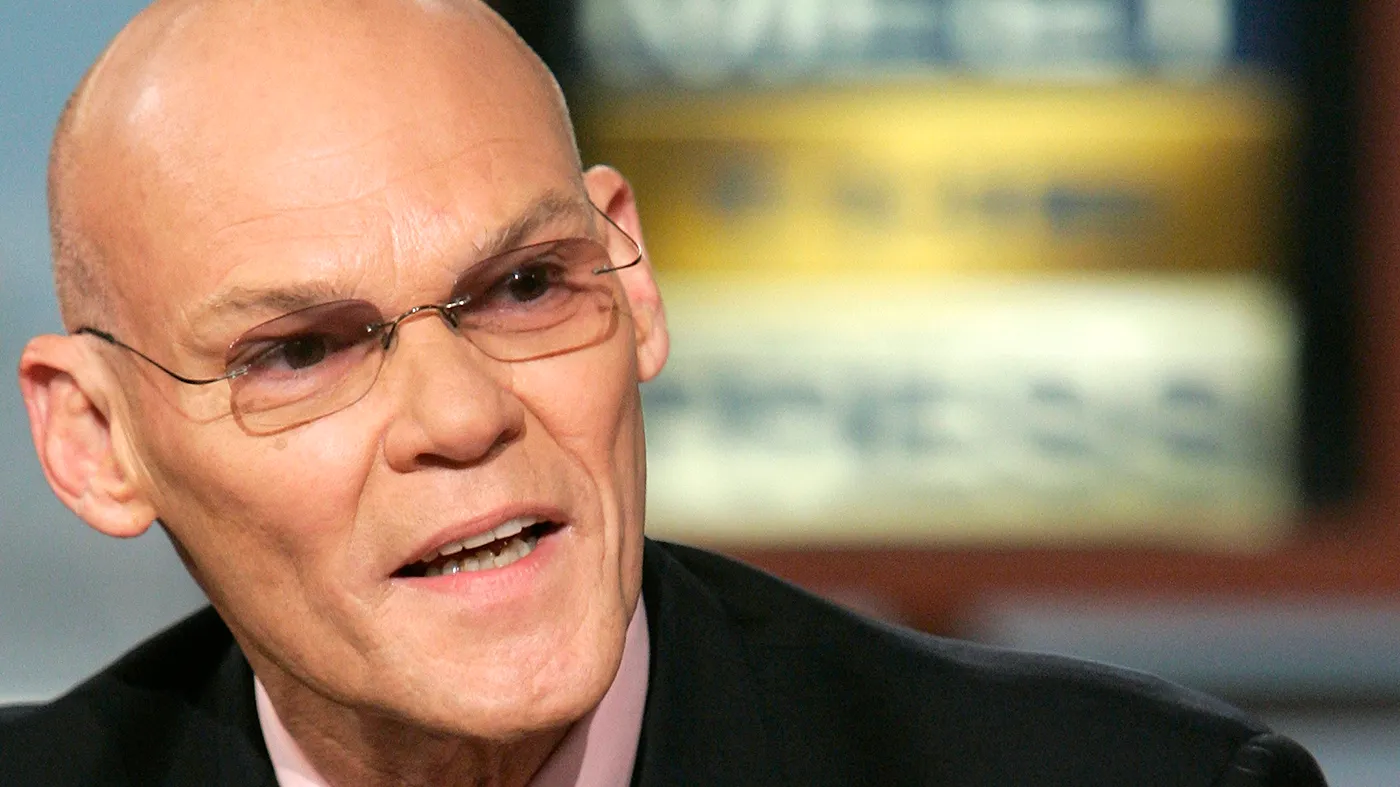As Election Day approaches, Democratic strategists are raising the alarm, telling Vice President Kamala Harris and her team to get cracking with worries that their momentum from the Democratic National Convention and debate appearance is fading. These calls for tougher policing follow recent mishaps — a botched interview with 60 Minutes and an infamous battle with Florida Governor Ron DeSantis have put her campaign on the defensive.
“I’m scared to death,” Democratic strategist James Carville declared Wednesday, questioning whether Harris can stay on track to secure her position in these final two weeks of the race. Carville, who is often a brutal politician, pointed out that Harris only has so much time to nail down her message with Hurricane Milton running wild around the newsroom. “I think she and the whole campaign need to be much more aggressive and much less passive than they are,” he urged.
Other prominent Democratic voices echoed Carville’s sentiments. Anthony Coley, a former staffer for both Biden and Obama, noted, “Now that the sugar high is gone, people have realized what Kamala Harris has said from the start: she is the underdog.” Coley warned that the race is tightening, and complacency could be costly. “If you’re not nervous, you’re not paying attention.”
This is the urgency in Democratic strategists that Harris’s most recent campaign road blunder brought to light. Her 60 Minutes interview — the questions that she gave, in fact, had been cropped and rephrased to make them make more sense — came under fire from those who argued the show was journalistic forgery. That misshapen interview raised doubts as to her willingness to tackle sensitive issues such as the current Israeli-Hamas war.
Additionally, Harris’s public conflict with Florida Governor Ron DeSantis over the federal response to Hurricane Milton also caused escalation. DeSantis accused Harris of playing “political games” after she criticized him for allegedly avoiding her calls related to storm recovery efforts. DeSantis fired back, asserting, “Harris has no role in this process,” and accused her of trying to politicize a disaster. The spat played out in the media, overshadowing Harris’s attempts to present herself as a capable and effective leader.
David Axelrod, the political strategist who threw in his lot with Barack Obama’s 2008 success, acknowledged Harris’s early success, but also noted that the campaign is dead. “Harris had a great launch, right through the convention and the debate, but the race has plateaued,” Axelrod said. He insisted that the campaign must “up its game” and shift its strategy against mounting odds.
Congressional data bolsters the Democratic fear. A Quinnipiac University poll finds Harris 3-points ahead of outgoing President Donald Trump in Pennsylvania, one of the hot spots in a battleground state. Yet that is down from the 6-point advantage she held in September, as the race tightens.
In the back room, Democratic insiders worried that Harris is still “fine-tuning her message” when the campaign should be closing the deal with voters. “We are in the ‘make the sale’ phase of the campaign now,” an anonymous strategist told The Hill. “We’re not still tweaking the message.”
Jamal Simmons, Harris’s former communications director, added that the campaign must adopt a more aggressive posture. “If you’re not nervous, you’re not paying attention,” he said. “They need to be sharp. They need to stop answering questions and start asking questions.”
Carville concurred, cautioning that Harris will have about 20 days to get her message nimble for the election. “In these campaigns, every time you clear a bar, the bar gets raised,” he added. “You have to lift your game and adjust your strategy.”
And now, on the cusp of Election Day, the Harris campaign is under increased pressure to get back on its feet and move past those missteps. The weeks ahead will be key for Harris as she tries to build momentum and get to the win with crucial swing states still in play such as Pennsylvania and Trump leading in the polls.
The in-party demands to take the fight more seriously at least for now make it clear how important the race is and how urgent it is to get the campaign back on track.

